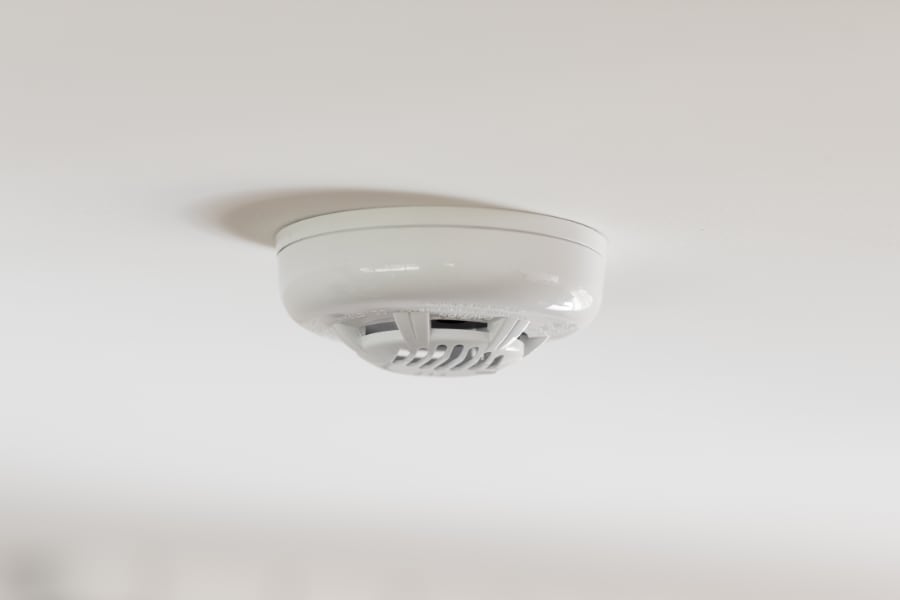Can A CO Detector Detect A Gas Leak In Joliet

One of the jobs you need to perform as a homeowner is to safeguard you, your family, and your house from various risks like floods, fire, and break-ins. You should also think about carbon monoxide that might be in the very air you breathe. When it comes to ”the silent killer”, you may be asking yourself if a CO detector will detect a gas leak in Joliet.
The quick answer is "They will not," but carbon monoxide detectors are still an important roll of your home's security. Here's what you need to understand when monitoring against the types of gas that could invade your house.
Carbon monoxide is different than natural gas
While CO and natural gas can be linked together, it's imperative to understand the difference between them. Natural gas leaks can spring up in a few places, most commonly when the natural gas supply line enters your home or around the area where your furnace lives. A leak should be seen as trouble as natural gas is flammable, and there’s a severe risk of an explosion or fire. Of course, you have a chance to notice leaks quickly because of a marker that produces a rotten-egg odor. If you find the smell you you should get a hold of 911 directly and leave the scene.
Carbon Monoxide Is A Fragrance-Free, Unseen Menace To Your Health
Carbon Monoxide is a life-threatening gas that's a byproduct of faulty burning of fuel. It usually shows up to your residence through a faulty furnace, gas fireplace, or clothes dryer. While CO isn’t as common as natural gas, it is still combustible. But the more concerning menace is with your health. CO doesn't have the rotten-egg additives that are in natural gas, resulting in an a true "silent killer."
Carbon monoxide prevents your lungs from getting the oxygen it needs
After carbon monoxide invades your lungs, it stops blood from transporting the oxygen your body needs. Basically, CO can suffocate you, and it's extremely toxic to babies and children who breathe more rapidly and whose lungs are still maturing. When you experience CO poisoning, you can have headaches, dizziness, nausea, and problems breathing. Continued exposure can lead to passing out or death.
Carbon monoxide detectors may be one of your most important safety or security devices
While a CO detector won’t detect a gas leak in Joliet, it may protect your family by alerting you to this potentially lethal byproduct. The biggest problem is at night when you sleep, as you probably won't discover what's going on. Of course, even if you’re active, you're still unlikely to notice that carbon monoxide has come into your living areas.
So look at a CO detector like a smoke and fire detector. Place these components higher up on your walls or ceiling as CO will collect the higher up. Each level of your home should see at least one detector. And it's highly suggested to put one them near bedrooms. Furthermore, you should check your carbon monoxide detectors once a month.
Integrate your CO detectors with your home security system
When you integrate your CO detector with your smart home security system, you stack another layer of security. Not only will you have accurate CO detection, but you can also get smartphone alerts and a quick response from a round-the-clock monitoring pros. Monitoring is definitely wanted with a CO problem, as they’ll make sure help will show up even if you aren’t able make it to the phone yourself.